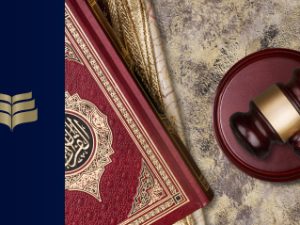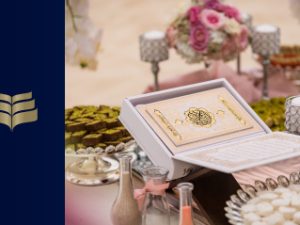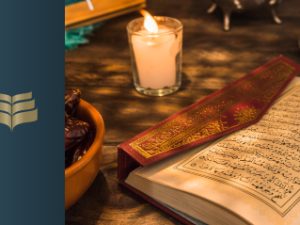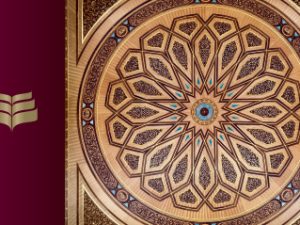Manhaj as Salikeen
- Description
- Curriculum
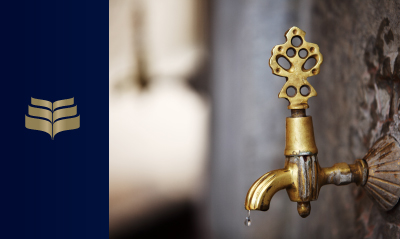
Whenever the scholars begin the subject of Jurisprudence they begin with the topic of purification. Purification of the body from impurities is a prerequisite for the acceptance of our prayers. Allaah says, “O you who believe! When you intend to offer the prayer, wash your faces and your forearms to the elbows, wipe over your heads, and wash your feet up to the ankles.” [5:6] The Prophet (صلى الله عليه وسلم) said, “Allaah does not accept the prayer without purification [Agreed upon].
Salaah is from the pillars of Islaam and the most important pillar after the testimony of faith (shahaadah). The companions of the Prophet (صلى الله عليه وسلم) were in agreement that the one who abandons it intentionally then this is an act of disbelief. The prayer is a link between the servant and his Lord. The Prophet (صلى الله عليه وسلم) said, “Indeed, when one of you prays, he speaks privately with his Lord.” [Bukhaaree] Salaah is an essential act of worship and yet many of us are taught how to perform ablution (wuhoo’) but not how to perform salaah correctly.
This course is based on a concise & abridged book on Hanbali fiqh (jurisprudence), entitled Manhaj as-Saalikeen, written by the late and eminent scholar Shaykh Naasir al-Sa’dee.
In this course you will learn the following:
– Is purification a prerequisite for worship?
– What are the different levels of impurity?
– Which category of water can be used for ablution? Is rain water pure?
– Are all utensils permissible to use?
– What are the etiquettes of relieving oneself?
– What is the manner of performing minor ritual ablution (wudhoo’)?
– What are the nullifiers of wudhoo’?
– How does one perform ghusl?
– What are the things which necessitate the major ritual ablution (ghusl)?
– When and how does one perform the dry ablution (Tayammum)?
– How does one wipe over footwear and bandages? Is it permissible to do so?
– What are the rulings concerning menstruation?
– What are the conditions of Salaah?
– What is the description of the prayer?
– What invalidates the Salaah?
– How is the prostration of forgetfulness performed? What is its ruling?
– When is it prohibited to offer Salaah?
– Who are excused from Salaah, if any?
– How is the prayer of the traveller different to the prayer of the resident, if at all?
– What is said regarding prayer in congregation?
-
1Manhaj as Salikeen - Lesson 1
-
2Manhaj as Salikeen - Lesson 2
-
3Manhaj as Salikeen - Lesson 3
-
4Manhaj as Salikeen - Lesson 4
-
5Manhaj as Salikeen - Lesson 5
-
6Manhaj as Salikeen - Lesson 6
-
7Manhaj as Salikeen - Lesson 7
-
8Manhaj as Salikeen - Lesson 8
-
9Manhaj as Salikeen - Lesson 9
-
10Manhaj as Salikeen - Lesson 10
-
11Manhaj as Salikeen - Lesson 11
-
12Manhaj as Salikeen - Lesson 12
-
13Manhaj as Salikeen - Lesson 13
-
14Manhaj as Salikeen - Lesson 14
-
15Manhaj as Salikeen - Lesson 15
-
16Manhaj as Salikeen - Lesson 16
-
17Manhaj as Salikeen - Lesson 17
-
18Manhaj as Salikeen - Lesson 18
-
19Manhaj as Salikeen - Lesson 19
-
20Manhaj as Salikeen - Lesson 20
-
21Manhaj as Salikeen - Lesson 21
-
22Manhaj as Salikeen - Lesson 22
-
23Manhaj as Salikeen - Lesson 23
-
24Manhaj as Salikeen - Lesson 24
-
25Manhaj as Salikeen - Lesson 25
-
26Manhaj as Salikeen - Lesson 26
-
27Manhaj as Salikeen - Lesson 27

